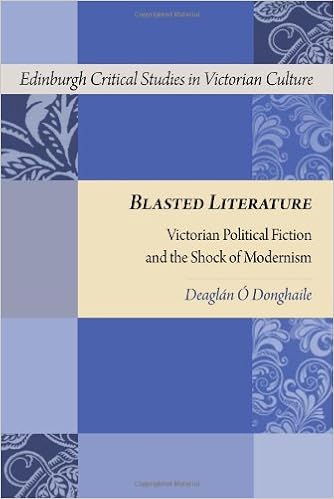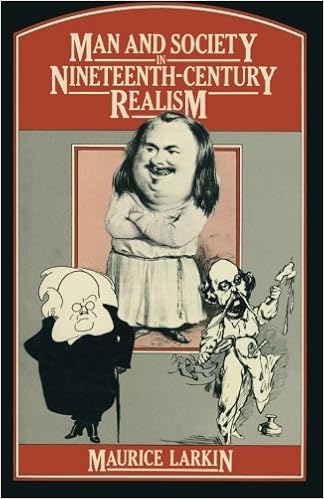
By Antony J. Hasler
This ebook explores the apprehensive and volatile courting among courtroom poetry and numerous different types of authority, political and cultural, in England and Scotland initially of the 16th century. via poems by way of Skelton, Dunbar, Douglas, Hawes, Lyndsay and Barclay, it examines the trails through which court docket poetry and its narrators search a number of varieties of legitimation: from royal and institutional assets, but additionally within the media of script and print.
Read or Download Court Poetry in Late Medieval England and Scotland: Allegories of Authority (Cambridge Studies in Medieval Literature) PDF
Similar literature books
Get Furniture and Draperies in the Era of Jane Austen: PDF
Jane Austen cleverly used furnishings and loved ones furniture in her novels to create funny, intimate, uncomfortable or even sexually charged events. In bankruptcy after bankruptcy, Austen applied furnishings to craft scenes and create drama by way of directing her characters round the room, to and from chairs, sofas, home windows, fireplaces or even the pianoforte.
Download PDF by Deaglán Ó Donghaile: Blasted Literature: Victorian Political Fiction and the
Dynamite novels meet intellectual modernism through the impression of terrorism. among 1880 and 1915, various writers exploited terrorism's political shocks for his or her personal creative ends. Drawing on late-Victorian 'dynamite novels' through authors together with Robert Louis Stevenson, Tom Greer and Robert Thynne, radical journals and papers, similar to The Irish humans, The Torch, Anarchy and Freiheit, and modernist writing from H.
Download e-book for iPad: Naked Scientology : Ali's smile by William S. Burroughs
Nonfiction. bare SCIENTOLOGY comprises articles and letters by means of Burroughs critiquing Scientology, a faith with which he was once concerned for it slow and towards which he continues a reserved interest. in accordance with Burroughs, a few of the suggestions are hugely useful and warrant additional learn and experimentation, whereas nonetheless he's in flat confrontation with the organizational coverage.
- Walking: A Novella
- The Annotated Hobbit
- The Ebony Tower
- This Location of Unknown Possibilities
- Younger
Additional info for Court Poetry in Late Medieval England and Scotland: Allegories of Authority (Cambridge Studies in Medieval Literature)
Example text
We cannot know” Carlson writes, “whether Bernard André was without sight,” since the figure of the blind vates “ha[s] no existence except as [a] functional location . . ”12 Several other essays by Carlson have shown what this system entailed. These authors from outside England initiate, as I have already noted, a very direct break in genre and allusion with prevalent English fifteenth-century models of “public” poetic discourse. In the cluster of birthday poems written to Prince Arthur in 1486, Arthur’s advent comes in the trappings of Virgilian and Horatian messianism, Henry is a “triumphator,” and London becomes ancient Rome, its plebs celebrating the new order with cries of “yo Paean” while its bards strum with their plectra.
For André, desire and identification are intertwined in more oblique ways, which turn on the status of his blindness. It is revealed in the Vita, as, about to tackle the strife between Edward IV and Henry VI, he introduces it with an open digression: Qua in parte lectores rogatos velim ut me excusatum habeant, si illorum temporum procellas per gestorum seriem non exequar. Nam illis ego temporibus non aderam, neque antea quicquam de his auribus acceperam . . Certe dum haec scriberem relatorem sive recensorem quempiam non habebam, qui mihi, ut principio optaveram, dicendorum materiam mihi proponeret.
I therefore omit the day, the place and the order of battle (since Beginnings: André and Dunbar 27 as I have said I did not see it with my own eyes) lest I make any rash assertions. ] There is then a gap of a page and a half in the manuscript, to be filled in, André says, once he knows more. 20 There is, however, more at stake here. We may recall that Ned Lukacher has read Freud’s concept of the primal scene – where the child supposedly beholds its parents in intercourse, an act that analysis must then construct or reconstruct – in terms possessed of a historical significance that goes beyond the family romance.



